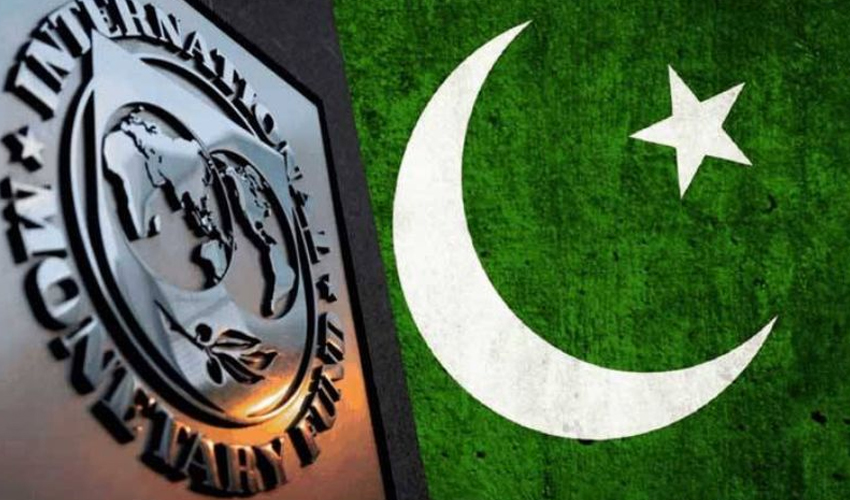The Executive Board of the International Monetary Fund (IMF) is slated to convene on April 29 to deliberate on the approval of a crucial $1.1 billion funding allocation for Pakistan.
This financial infusion marks the second and final tranche of a significant $3 billion standby arrangement extended to Pakistan last summer. The agreement, aimed at averting a looming sovereign default, is set to expire this month, adding urgency to the impending decision.
With Islamabad eyeing a new long-term and more substantial loan from the IMF, Pakistan's Finance Minister, Muhammad Aurangzeb, expressed optimism regarding the potential for securing a staff-level agreement on the proposed program by early July.
The Pakistani government emphasizes the necessity of a multi-year loan to bolster macroeconomic stability and undertake much-needed structural reforms, although specifics regarding the size of the envisaged program remain undisclosed.
RELATED: IMF ready to extend cooperation to Pakistan for new bailout package
While a formal request is pending, ongoing discussions between Pakistani authorities and the IMF underscore the seriousness of the economic challenges facing the South Asian nation.
Should the new financing be secured, it would mark Pakistan's 24th IMF bailout, indicative of the recurrent financial strains the country grapples with.
Pakistan's $350 billion economy continues to wrestle with a persistent balance of payment crisis, compounded by a looming debt repayment burden totaling nearly $24 billion in the upcoming fiscal year. This figure starkly contrasts with the central bank's foreign currency reserves, which stand significantly lower.
In the face of these economic headwinds, Pakistan's Finance Ministry projects a modest growth rate of 2.6% for the current fiscal year ending in June. Moreover, efforts to rein in inflation are underway, with a targeted average of 24%, down from the previous fiscal year's alarming 29.2%.
Last May, inflation surged to a record high of 38%, underscoring the magnitude of the challenge ahead.
‘Apart from IMF, no plan B can be imagined’
Meanwhile, Finance Minister Muhammad Aurangzeb has expressed confidence in the government's efforts to improve the economy, citing increased tax collection through these measures and a reduction in the current account deficit as signs of progress.
Speaking at the Business Summit 2024 in Islamabad, the minister stressed that apart from the IMF, no plan B could be imagined, with the new staff-level agreement expected in June or July.
He also highlighted the positive impact of government initiatives on tax collection and the economy. He emphasized that despite challenges, the economy is on an upward trajectory, with measures such as the IMF's nine-month program providing crucial support to the economy.
"Last year, the State Bank's reserves were $3.4 billion, which have now swelled to $8 billion," he stated.



























